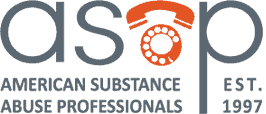In a recent study, researchers were able to prevent addicted animals from seeking and consuming alcohol. Scientists at the Ernest Gallo Clinic and Research Center at UC San Francisco identified and deactivated in the brain “the neural mechanism responsible for the reactivation of the memory of the alcohol — a molecular pathway mediated by an enzyme known as mammalian target of rapamycin complex 1 (mTORC1).”
The research showed that when even small amounts of alcohol was presented to the animals they turned on the mTORC1 pathway in a section of the brain linked to memory processing, emotional reactions and withdrawal from alcohol. Subsequently, within a few days the animals began to seek and consume alcohol.
“When mTORC1 was inactivated using a drug called rapamycin, administered immediately after the exposure to the cue (smell, taste), there was no relapse to alcohol-seeking the next day…The drinking remained suppressed for up to 14 days, the end point of the study.”
The authors indicated that research must be done to determine if rapamycin would prevent relapse for more than two weeks and whether it would be effective in humans struggling with alcoholism.
The study was published online on June 23 in Nature Neuroscience.
Source: University of California – San Francisco. “Addiction relapse might be thwarted by turning off brain trigger.” ScienceDaily, 24 Jun. 2013. Web. 25 Jul. 2013.

